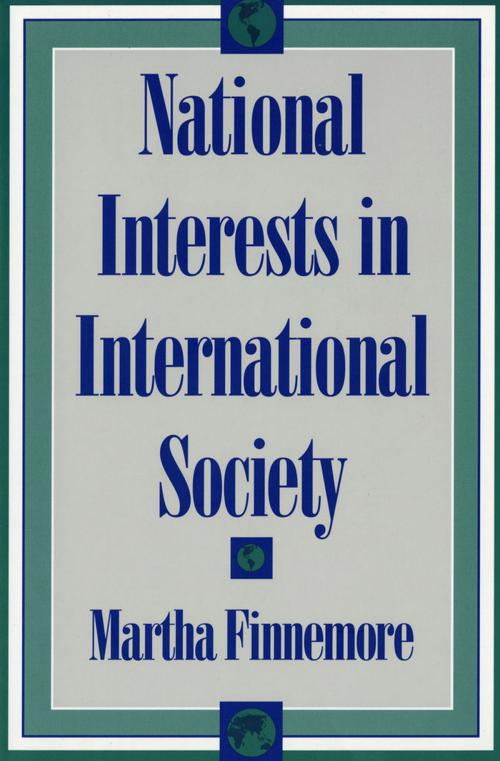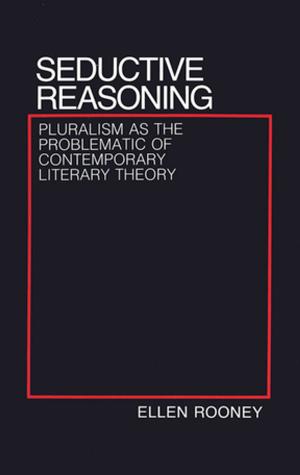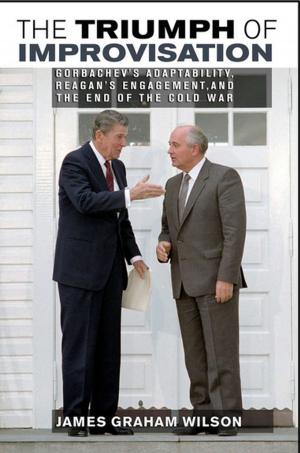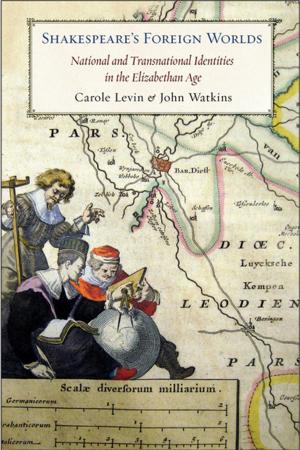National Interests in International Society
Nonfiction, Social & Cultural Studies, Political Science, International, International Relations| Author: | Martha Finnemore | ISBN: | 9781501707377 |
| Publisher: | Cornell University Press | Publication: | December 15, 2009 |
| Imprint: | Cornell University Press | Language: | English |
| Author: | Martha Finnemore |
| ISBN: | 9781501707377 |
| Publisher: | Cornell University Press |
| Publication: | December 15, 2009 |
| Imprint: | Cornell University Press |
| Language: | English |
How do states know what they want? Asking how interests are defined and how changes in them are accommodated, Martha Finnemore shows the fruitfulness of a constructivist approach to international politics. She draws on insights from sociological institutionalism to develop a systemic approach to state interests and state behavior by investigating an international structure not of power but of meaning and social value. An understanding of what states want, she argues, requires insight into the international social structure of which they are a part. States are embedded in dense networks of transnational and international social relations that shape their perceptions and their preferences in consistent ways. Finnemore focuses on international organizations as one important component of social structure and investigates the ways in which they redefine state preferences. She details three examples in different issue areas. In state structure, she discusses UNESCO and the changing international organization of science. In security, she analyzes the role of the Red Cross and the acceptance of the Geneva Convention rules of war. Finally, she focuses on the World Bank and explores the changing definitions of development in the Third World. Each case shows how international organizations socialize states to accept new political goals and new social values in ways that have lasting impact on the conduct of war, the workings of the international political economy, and the structure of states themselves.
How do states know what they want? Asking how interests are defined and how changes in them are accommodated, Martha Finnemore shows the fruitfulness of a constructivist approach to international politics. She draws on insights from sociological institutionalism to develop a systemic approach to state interests and state behavior by investigating an international structure not of power but of meaning and social value. An understanding of what states want, she argues, requires insight into the international social structure of which they are a part. States are embedded in dense networks of transnational and international social relations that shape their perceptions and their preferences in consistent ways. Finnemore focuses on international organizations as one important component of social structure and investigates the ways in which they redefine state preferences. She details three examples in different issue areas. In state structure, she discusses UNESCO and the changing international organization of science. In security, she analyzes the role of the Red Cross and the acceptance of the Geneva Convention rules of war. Finally, she focuses on the World Bank and explores the changing definitions of development in the Third World. Each case shows how international organizations socialize states to accept new political goals and new social values in ways that have lasting impact on the conduct of war, the workings of the international political economy, and the structure of states themselves.















